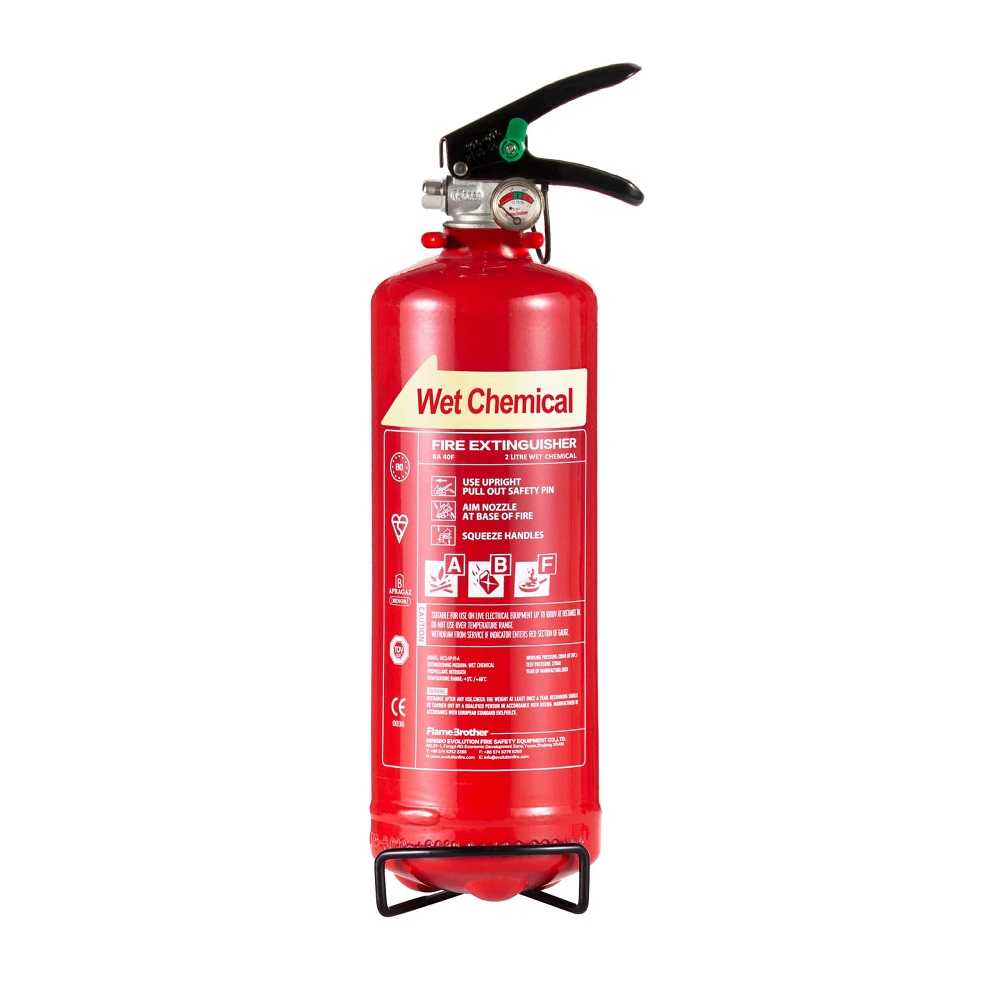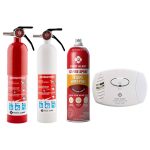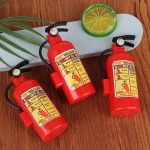In commercial kitchens, fire hazards are a reality due to the constant use of cooking oils, fats, and high temperatures. One of the crucial safety measures in these environments is the installation of the appropriate fire suppression systems. Among these, wet chemical fire extinguishers have emerged as the most effective tools for protecting kitchens from potentially devastating fires. This article explores the significance of wet chemical fire extinguishers in commercial kitchens, detailing their unique properties, benefits, and the regulations surrounding their use.
Understanding Wet Chemical Fire Extinguisher
What Are Wet Chemical Fire Extinguishers?
Wet chemical fire extinguishers specially design fire suppression devices that are primarily aimed at fighting kitchen fires caused by cooking oils and fats, classified as Class K fires. These extinguishers contain a potassium-based solution that, when sprayed onto a fire, creates a thick foam layer that cools and extinguishes the flames. This chemical reaction also serves to prevent the re-ignition of the fire, making it a highly effective solution for kitchen environments where capturing the flames is crucial.
How Do They Work?
The operation of wet chemical fire extinguishers relies on a combination of cooling and smothering. When applied to burning cooking oils, the wet chemical discharges a fine mist that both cools the flames and isolates the oxygen, effectively suffocating the fire. The potassium compounds in the solution also react with the burning oils, creating a non-flammable soap-like substance that further quells the flames. This dual-action capability distinguishes wet chemical extinguishers from traditional extinguishing agents that may not be suitable for the unique fire hazards presented in commercial kitchens.
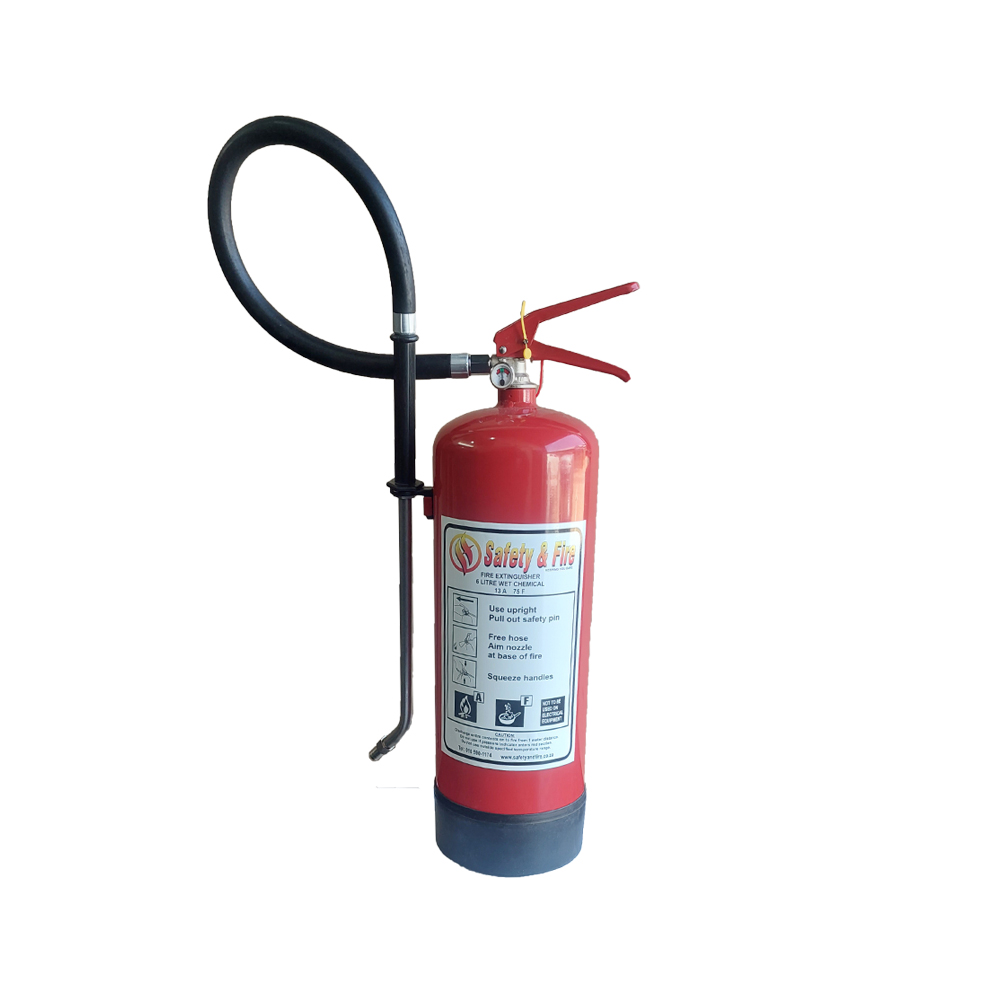
Why Wet Chemical Fire Extinguishers Are Essential
High Risk of Kitchen Fires
Commercial kitchens are particularly vulnerable to fires due to the presence of highly flammable cooking oils. The rapid heat from stoves, fryers, and grills can easily ignite these substances, resulting in a fast-moving fire that can engulf a kitchen in moments. Each year, thousands of fires in commercial kitchens lead to significant financial losses and, in some cases, tragic injuries. Understanding the importance of an effective fire suppression system—specifically wet chemical fire extinguishers—can be the difference between rapid containment and disastrous consequences.
Compliance with Safety Regulations
The significance of wet chemical fire extinguisher extends beyond safety to include compliance with local fire codes and regulations. Many municipalities require commercial kitchens to be equipped with specific types of fire extinguishers, and wet chemical extinguishers are often a part of these mandates. Failure to adhere to safety regulations not only puts employees and customers at risk but can also lead to fines and loss of business licenses. By investing in the right fire safety equipment, kitchen operators can ensure they meet legal standards and protect their establishments.
Key Benefits of Using Wet Chemical Fire Extinguisher
Effective Fire Suppression
Wet chemical fire extinguishers provide a level of fire suppression that specifically tailor for kitchen environments. Their design and chemical makeup make them far more effective than traditional extinguishing agents when combating Class K fires. For instance, using water or dry powder fire extinguishers on a grease fire may do more harm than good, as these agents can cause the flames to spread. Wet chemical extinguishers eliminate this risk, allowing for safe and effective suppression directly at the source of the fire.
User-Friendly Design
Many wet chemical fire extinguishers come with a user-friendly design that facilitates swift and effective use during emergencies. They often label clearly with instructions on how to deploy them, and many are lightweight and easy to maneuver, making it possible for kitchen staff to react quickly. In high-pressure situations, every second counts, and the ability to operate an extinguisher without confusion can save lives and property.
Regular Maintenance and Inspections
Importance of Regular Checks
While wet chemical fire extinguishers are vital safety tools, their effectiveness can be compromised if not maintained correctly. Regular inspections and maintenance are mandatory to ensure that these extinguishers are in proper working order. Regulations typically require owners and operators to conduct routine checks, which may involve ensuring that the pressure gauge is in the green zone, checking for any signs of physical damage, and making sure that the safety pin is intact.
Professional Servicing
In addition to self-checks, professional servicing is crucial for maintaining wet chemical fire extinguisher. Fire safety professionals generally recommend that these extinguishers be inspected annually and serviced every 5 to 6 years, depending on the model and use. This ensures that all components are functioning correctly and that the chemical agent remains effective. Regular servicing can significantly enhance the performance of fire extinguishers and provide peace of mind to kitchen staff and management.
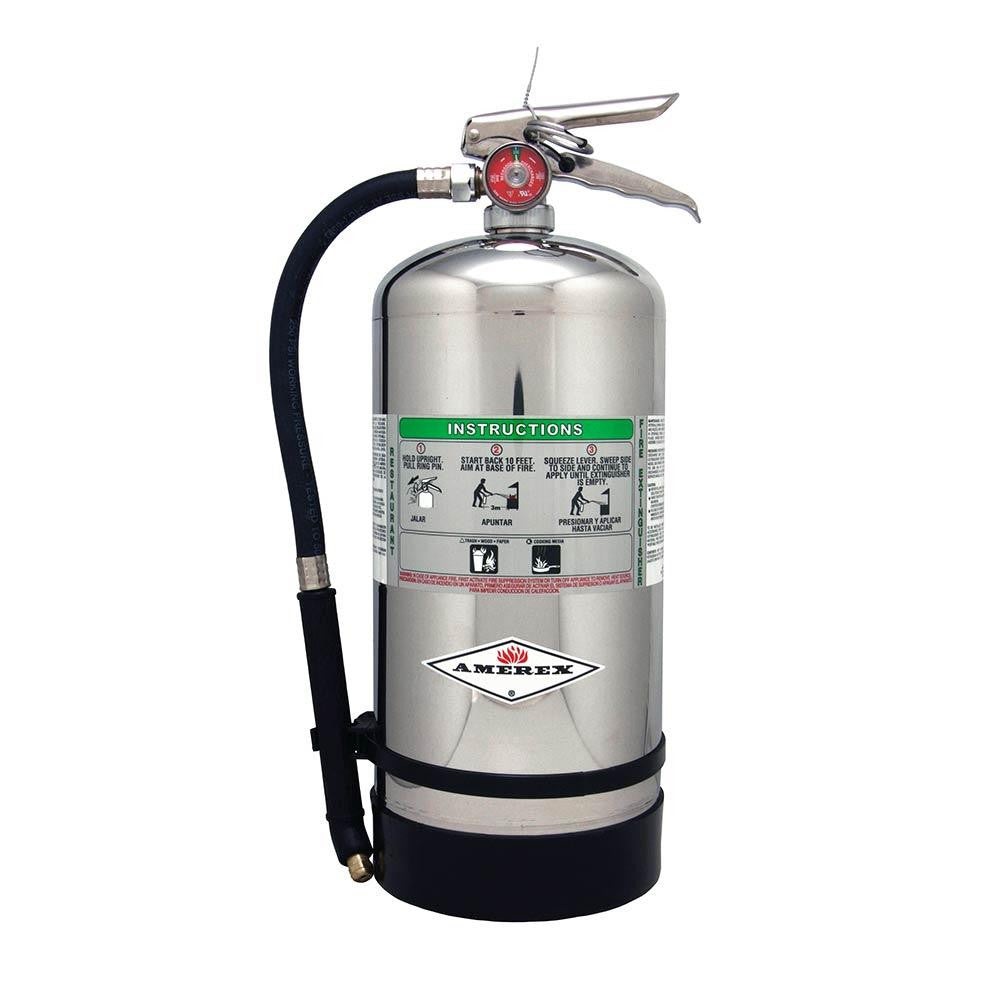
Employee Training and Preparedness
Educating Staff on Fire Safety
The presence of wet chemical fire extinguishers in commercial kitchens is only one part of a comprehensive fire safety strategy. Equally important is the education of kitchen staff on how to use these extinguishers effectively. Training should include simulations on how to operate the extinguisher safely, assess the severity of a fire, and execute an evacuation plan if a fire cannot be contained quickly. Regular training sessions can keep safety procedures top of mind for employees, which proves invaluable in an emergency situation.
Implementing a Fire Safety Plan
Every commercial kitchen should have a well-documented fire safety plan that includes the use of wet chemical fire extinguishers. The plan should outline evacuation routes, emergency contacts, and steps to take prior to activating the extinguisher. A clear safety plan empowers employees with knowledge and confidence to react appropriately in the event of a fire, further mitigating potential risks. By fostering a fire-conscious culture within the kitchen, employers can help ensure that all staff prepare to respond quickly and effectively.
Comparison to Other Fire Extinguishing Agents
Limitations of Traditional Fire Extinguishers
While there are various types of fire extinguishers available, they are not interchangeable. Traditional extinguishers, such as those using water or dry powder, carry their own sets of risks, particularly in kitchen settings. Water can rapidly spread grease flames, while dry powders can be toxic and lead to clogs in kitchen equipment. Wet chemical extinguishers specifically design for cooking environments, making them superior choices for extinguishing Class K fires without the associated risks.
Advantages Over Other Types
When comparing wet chemical extinguishers to other types, several distinct advantages stand out. First, they are capable of effectively suppressing flammable liquid fires, which is the primary concern in commercial kitchens. Second, the cooling and smothering properties of wet chemicals notably prevent re-ignition; this feature gives them an edge over foam or dry powders. Lastly, operators of businesses using wet chemical extinguishers often find that these devices reflect a higher standard of safety and view more favorably during inspections by fire marshals.
Conclusion: Investing in Safety
The Bottom Line on Fire Extinguisher Choices
The discussion surrounding the importance of wet chemical fire extinguishers underscores their critical role in protecting commercial kitchens from fire hazards. Given the unique risks posed by cooking oils and grease, wet chemical extinguishers are not just a recommended safety measure but an essential component of comprehensive fire safety strategies. By thoroughly understanding their significance, the risks of kitchen fires, and the need for staff training and regular maintenance, kitchen operators can create a safer workplace.
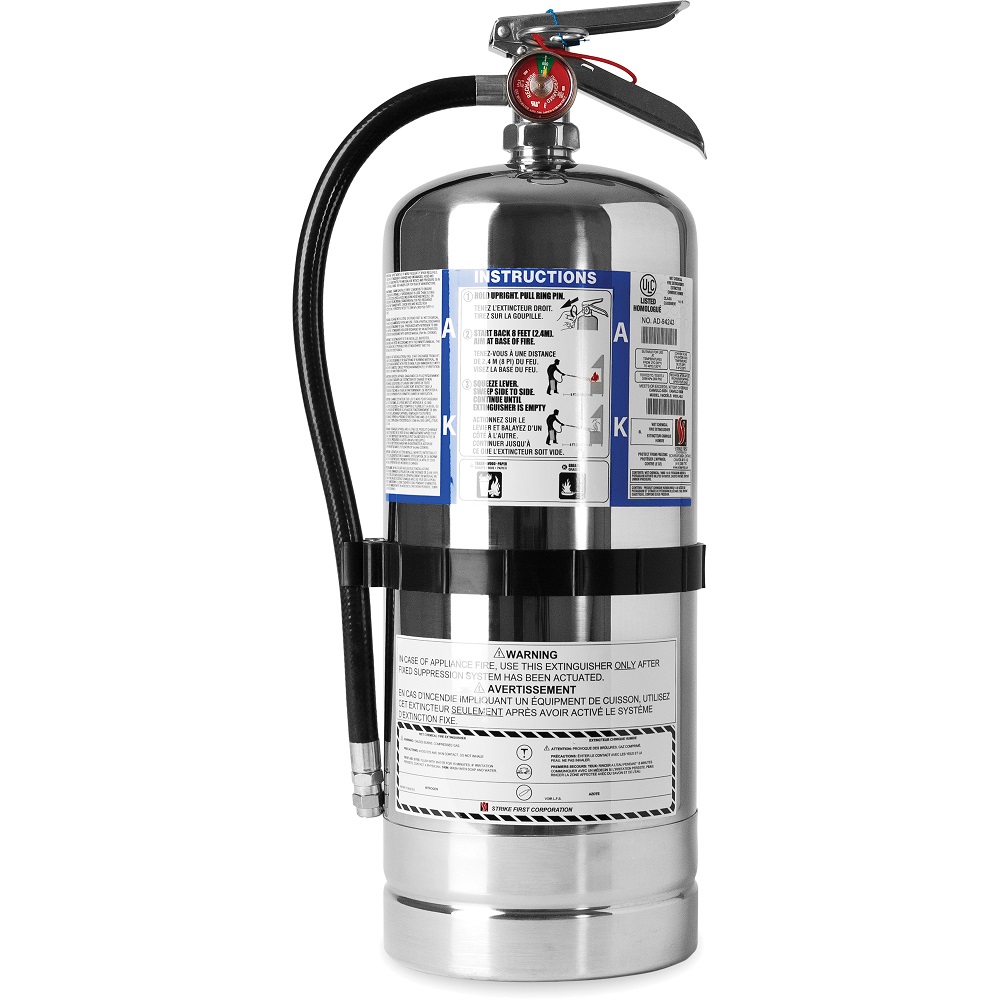
A Commitment to Safety in the Kitchen
For many businesses, investing in wet chemical fire extinguisher is a small price to pay for the significant safety benefits they provide. A single fire incident can have devastating consequences, including financial losses, physical injuries, and potential business closure. By prioritizing fire safety, commercial kitchen operators protect not only their investments but also the well-being of their employees and customers. In a world where safety cannot compromise, wet chemical fire extinguishers remain a cornerstone of fire safety solutions in commercial kitchens.
